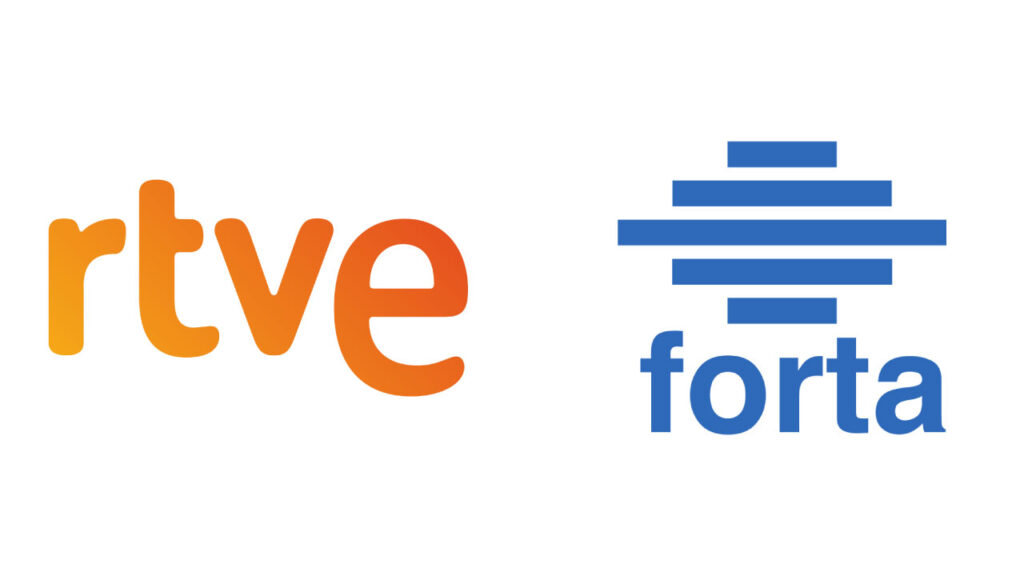
National and regional broadcasters collaborate on DVB-I pilot in Spain
Jordi Mata (3Cat)
As part of the collaboration established between RTVE (the Spanish national public service media organization) and FORTA (the association of regional public media services), through the “Compostela Agreement”, a DVB-I Working Group has recently been formed. Its main goal is to conduct a DVB-I pilot in Spain, following the initiatives of other European countries such as Germany, Italy, and Ireland.
This pilot aims to conduct a series of technical tests related to the DVB-I standard in order to assess its suitability as a strategic tool to strengthen and enhance the positioning of the Spanish public and licensed audiovisual media service providers. It seeks to optimize the discovery and findability of their content while aiming, as much as possible, to improve the visibility and the prominence of their services.
A fundamental aspect of this initiative is to integrate DVB-I while preserving the current digital terrestrial television (DTT) model deployed in Spain. This model ensures universal access to linear television content from public and licensed services without subscription fees, guaranteeing that all citizens can access information freely. At the same time, the DVB-I pilot will explore new content consumption models and complementary offerings that are essential today for competing with global media and platforms.
Collaborative approach
To ensure a comprehensive evaluation of the standard, the DVB-I Working Group aims to collaborate closely with various industry stakeholders, such as other broadcasters, manufacturers of consumer electronics, and DVB-I technology providers. Administrative and regulatory entities will be also invited as observers. This collaboration will facilitate the study, analysis, and assessment of DVB-I to define both the technical requirements and the administrative and legal considerations necessary for a potential deployment of the standard in Spain.
The pilot programme will take into account the unique characteristics of the Spanish broadcasting landscape. In Spain, DTT remains by far the dominant platform for linear television consumption. Additionally, several autonomous communities have co- official languages, which adds complexity to content distribution and findability. Another challenge that must be considered in Spain is the absence of a unified agreement on the use of logical channel numbering (LCN), which currently prevents its use and impacts channel organization and navigation.
The pilot will also examine which parameters of the DVB-I standard would need to be included in a potential future national registry of DVB-I parameters. Establishing such a registry would be crucial for ensuring proper organization and providing the necessary legal certainty for the eventual provision of DVB-I services.
Future implications
The estimated duration of this DVB-I pilot is approximately one year. Throughout this period, extensive testing and analysis will be conducted to determine the feasibility and effectiveness of the DVB-I standard in Spain. Based on the findings, additional phases may be considered, focusing on commercial and market evaluations. These future phases would provide further data to support well-informed decisions regarding the potential adoption of DVB-I in Spain.
In summary, we expect that the Spanish DVB-I pilot may offer significant results that could serve as the basis for well-founded decisions about an eventual deployment in Spain, if it is found that DVB-I would represent a significant step forward for Spanish public and licensed audiovisual media service providers. In this sense, DVB-I could lead to a potential improvement in content discoverability, findability and prominence, and, consequently, in the competitiveness of these providers. The results of this pilot could be relevant in shaping the future of television broadcasting in Spain.
This article first appeared in Issue 65 of DVB Scene magazine.
Read more about DVB-I at: dvb-i.tv
Jordi Mata is Head of Research & Transversal Services at 3Cat, the public service media organization in Catalonia. He is also the Coordinator of the newly formed Spanish DVB-I Working Group.
